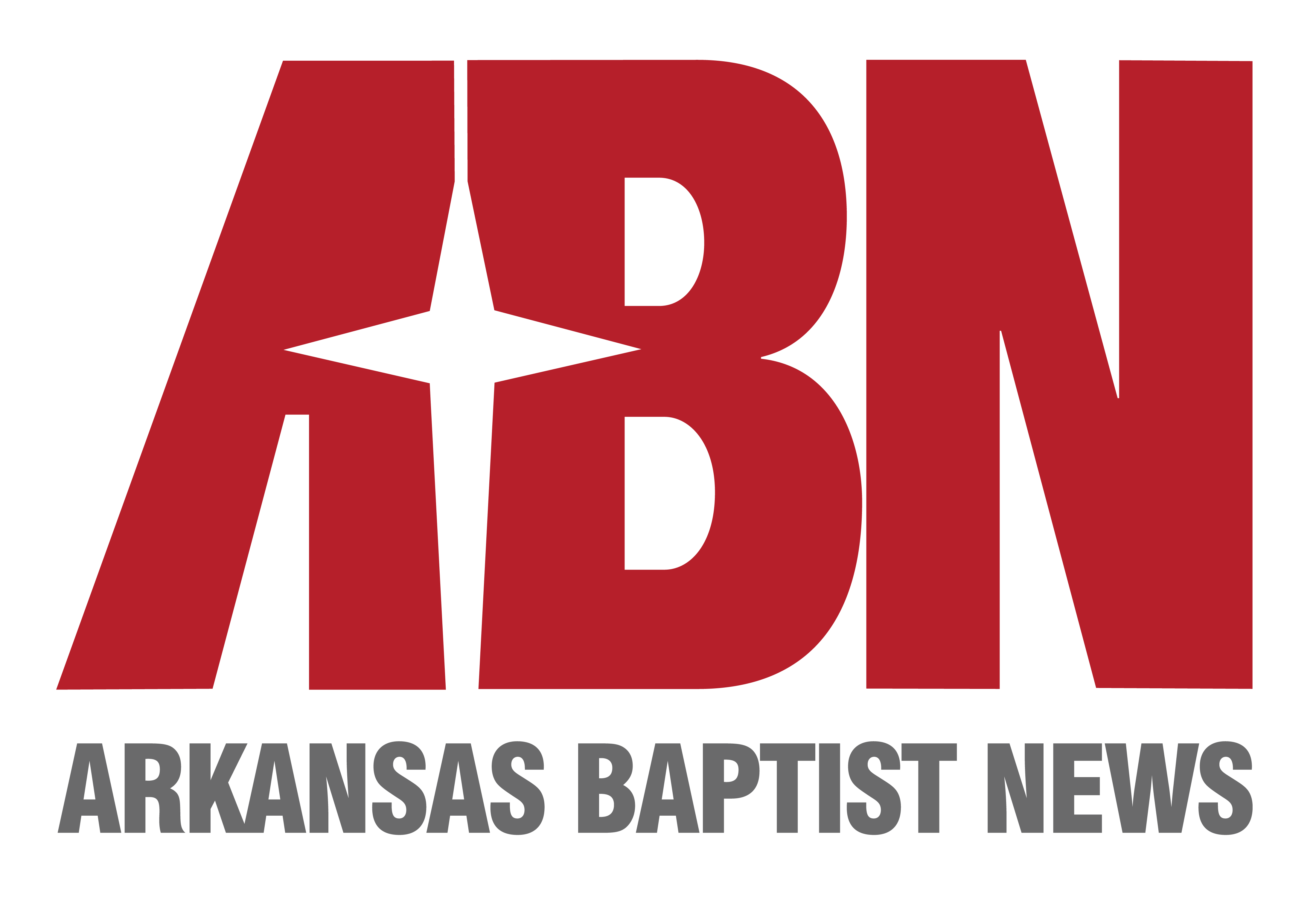Explore the Bible
Valued
Deuteronomy 5:17; 19:4-13
The sixth commandment says, “Thou shalt not kill” (Deut. 5:17, KJV). Most modern translations correctly translate the Hebrew word as “murder.” One may be authorized to kill as a representative of a nation in judgment for a crime (Deut. 13:5, 9). One may also kill during the fighting of a war (Deut. 7:2).
“Murder” is to kill someone with premeditation for personal reasons. What makes murder heinous is that man is created in the image of God (Gen. 1:26-27). God values all human life and expects His people to value it as well.
The sixth commandment is continually broken. The Federal Bureau of Investigation reported 16,214 murders in the United States in 2018. This doesn’t include the number of abortions performed. Theologian Carl Henry said, “A land of a million abortions will not be spared by a million Bibles whose moral imperatives go unheeded.” Abortion is the murder of innocent unborn babies.
Accidental killings did occur. This was called manslaughter. One of the marks determining whether a killing was murder or manslaughter in Deuteronomy was whether or not a person who took said life had “previously hated” the victim (Deut. 19:4). In other words, was there a history of hostility between the accused and the victim to indicate malice and premeditation?
The text gives us an example of manslaughter (Deut. 19:5). If a man is chopping down a tree and the axe blade flies off the handle and strikes his neighbor and he dies, he is to flee to a city of refuge so that the avenger of blood doesn’t kill him before his guilt or innocence is determined (Deut. 19:6).
This is why God commanded Israel to set up cities of refuge strategically located so that they were accessible to anyone in the land. This was to ensure that innocent blood would not be shed (Deut. 19:10). The city of refuge was not a haven for murderers (Deut. 19:11). Murderers were to be extradited and brought to justice (Deut. 19:11-12).
All human life is sacred and valuable.
***
Bible Studies for Life
How can God use me when others suffer?
Isaiah 58:3-11
C. S. Lewis said, “To be religious is to have one’s attention fixed on God and on one’s neighbour in relation to God.” Lewis was alluding to the Great Commandment. Jesus said that we are to love God with all our being and love our neighbor as ourself (Matt. 22:37, 39). If we truly love God, we will love our neighbor. Too often we lose or abandon this relational dimension and place our focus on self. This leads to superficial religious piety and hypocrisy.
At first glance, Isaiah 58:2 looks like a portrait of devout followers of God. They sought God day after day. They delighted to know his ways because they wanted to do what was right. They asked for God for His righteous judgments. They delighted in being near to God. Reading this verse in context reveals that this was just a show of piety.
God instructs Isaiah to proclaim loudly, like a trumpet, the sins of the people (Isa. 58:1). They fasted, expecting God to take notice and do something for them (Isa. 58:3). Perhaps they wanted a great harvest, a military victory or prosperity. They attempted to manipulate God, but He was silent and did not respond to their hypocrisy. Their fasting led to wickedness, divisions, contention, fights and exploitation of those under their care (Isa. 58:3-5).
The Lord described for them what an authentic and effective fast would look like. The Lord placed the emphasis on “social justice.” A true spiritual fast leads to helping free those who are being exploited (Isa. 58:6). It also included feeding the hungry, helping the poor, bringing the homeless into their homes, clothing the naked and taking care of their families and fellow Israelites (Isa. 58:7). This kind of fasting led to blessings.
As we celebrate the Sanctity of Human Life Sunday, we should be reminded that all human life should be protected. We have a spiritual duty to help and protect those who cannot help and protect themselves: the unborn, the oppressed, the sick, the elderly, the hungry and the homeless.
© Copyright 2019 Arkansas Baptist Newsmagazine, Inc. Use of this article in print or through electronic means a violation of copyright. Request permission to reprint here.

